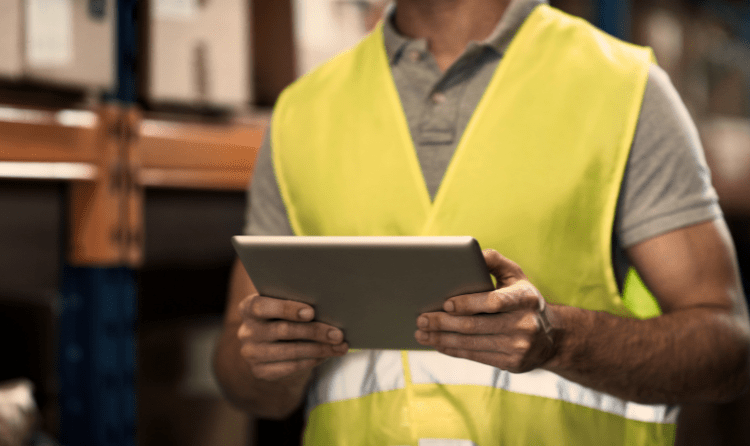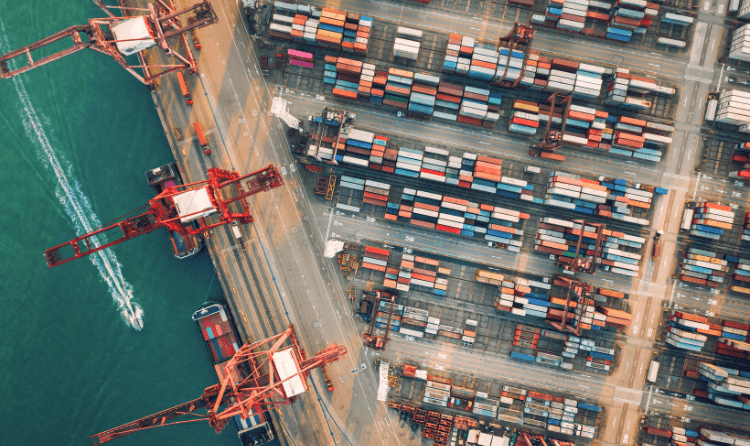Menu
Close
- About Us
- Services
- B2C eCommerce Fulfilment
- B2B Fulfillment
- Marketplace Management
- Fulfillment Customer Service
- Reworking Services
- Returns Process for Customer Satisfaction
- Customisation Suite
- BladePRO
- Pricing
- Industries
- Locations
- UK HQ
- UK SmartBase
- USA – West Coast – Los Angeles
- USA – West Coast – Las Vegas
- USA East Coast
- EU-Germany
- Integrations
- Amazon Integrations
- eBay Integrations
- NOTHS Integrations
- Wayfair Integrations
- Walmart Integrations
- BigCommerce Integrations
- WooCommerce Integrations
- TikTok Integrations
- Global-e Integrations
- Shopify Integrations
- Wix Integration
- Cin7 Dear Systems Integrations
- Aero Commerce Integrations
- Magento Integrations
- Squarespace Integrations
- NetSuite Integrations
- The Edge Integrations
- SAP Integrations
- 3PL Fulfillment Provider
Close
- About Us
- Services
- B2C eCommerce Fulfilment
- B2B Fulfillment
- Marketplace Management
- Fulfillment Customer Service
- Reworking Services
- Returns Process for Customer Satisfaction
- Customisation Suite
- BladePRO
- Pricing
- Industries
- Locations
- UK HQ
- UK SmartBase
- USA – West Coast – Los Angeles
- USA – West Coast – Las Vegas
- USA East Coast
- EU-Germany
- Integrations
- Amazon Integrations
- eBay Integrations
- NOTHS Integrations
- Wayfair Integrations
- Walmart Integrations
- BigCommerce Integrations
- WooCommerce Integrations
- TikTok Integrations
- Global-e Integrations
- Shopify Integrations
- Wix Integration
- Cin7 Dear Systems Integrations
- Aero Commerce Integrations
- Magento Integrations
- Squarespace Integrations
- NetSuite Integrations
- The Edge Integrations
- SAP Integrations
- 3PL Fulfillment Provider













